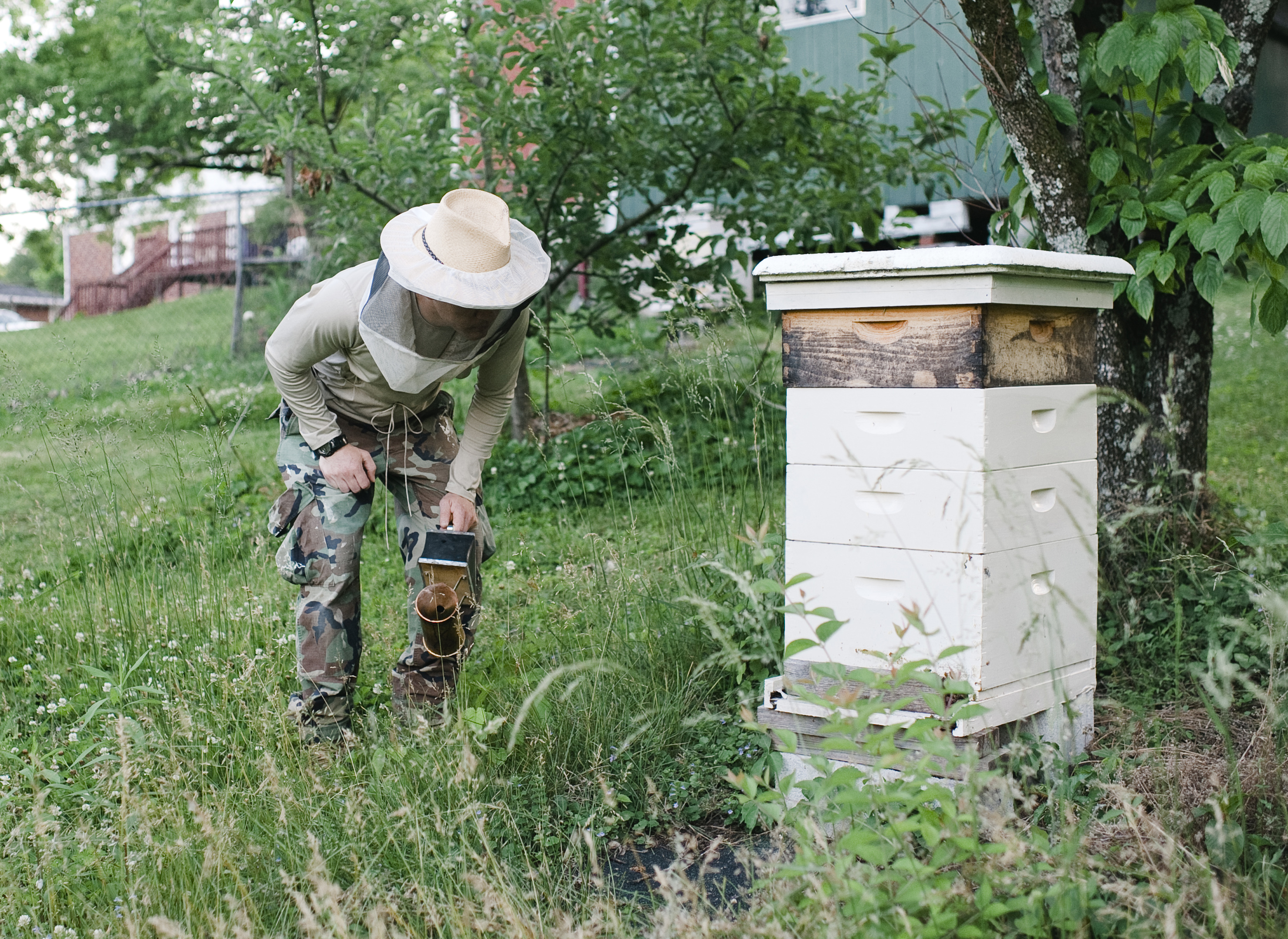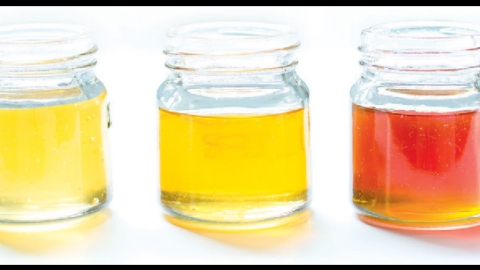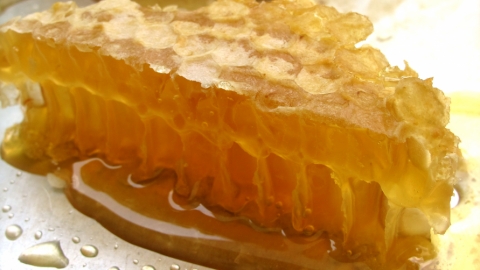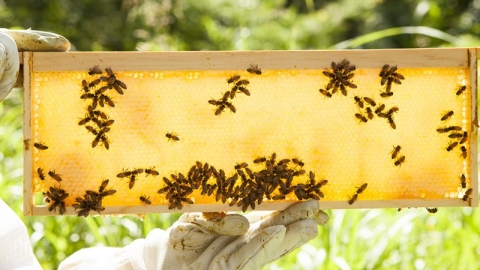The Importance of Honeybees
Honeybees contribute to the pollination of one-third of our fruits and vegetables—but what does that mean exactly? Many fruits and vegetables require pollination by insects in order to produce a crop: apples, cherries, cucumber, eggplant, blackberries, coffee, and countless others (too many to list here!). With all the help honeybees provide to our crops (and not to mention the honey itself), local support and protection of the honeybee is important and growing in popularity.
Many factors affect the health of the honeybee—from chemical pesticides to voracious varroa mites, to bacterial infections and the lack of a diverse diet. One of the most detrimental pests to the honeybee is the varroa mite and, according to the University of Tennessee Institute of Agriculture, it is the “single most destructive problem affecting honeybees in North America.”* The damage to bee colonies from this particular parasite is believed to be linked to reduction in crop yields. Consequently, Nashville’s beekeepers see their role as not only assisting in the health and conservation of honeybees, but of our agricultural bounty.
You may have also heard the term Colony Collapse Disorder (CCD). CCD is a mysterious phenomenon that affects seemingly-healthy bee colonies; the worker bees abandon the colony and leave the live queen, remaining eggs, larvae, and food behind, making the colony unproductive and nonfunctioning. According to the U.S. Environmental Protection Agency, numbers of reported CCD are in decline**, and attentive beekeepers are contributing of the growing health of honeybees.
However, what you may not know is that CCD is often used as a general term for a colony collapsing due to any combination of ailments affecting honeybees today. Although many concerned people often put the blame for honeybee decline on one thing or another, Gene Armstrong—president of the Nashville Area Beekeepers Association (NABA)—puts it this way: “There’s no one simple cause, it’s a perfect storm of many things that are going on… you hear people say it’s all about pesticides, but it’s not all about pesticides. You hear people say its all about monocrop farming, but it’s not all about monocrop farming.”
What can you do to help sustain these hardworking critters that are so important to our own local crop yields? Learn more and support your local beekeeper! Pick up a copy of Beekeeping in Tennessee by John A. Skinner, or attend a NABA meeting (more information can be found @ http://nashbee.org go).
Special thanks to the NABA members and their participation in the research for this article.
*University of Tennessee Institute of Agriculture, Beekeeping in Tennessee, 39.
**US Environmental Protection Agency. Pollinator Protection, Colony Collapse Disorder. 27 April 2016 epa.gov/pollinator-protection/colony-collapse-disorder








